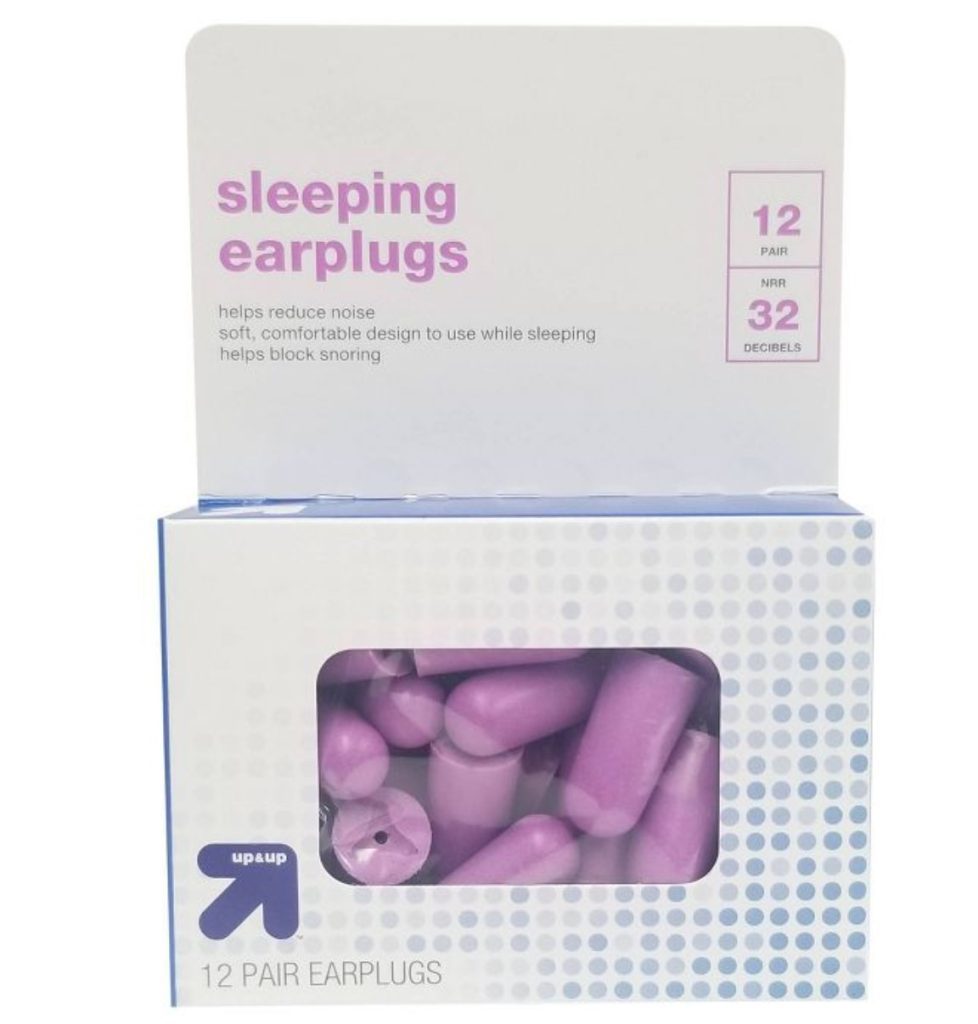Introducing Matthew Alexander: A Financial Advisor on a Mission
In a world dominated by corporate success stories, Matthew Alexander’s journey stands out as a testament to resilience and the pursuit of a greater purpose. A former award-winning film editor, Matthew’s career seamlessly transitioned from the highest levels of the entertainment industry to the dynamic landscape of the tech sector. With a decade of experience at companies like Salesforce and Amazon, Matthew now brings his diverse expertise to a new chapter as a Financial Advisor in partnership with Northwestern Mutual.
Hailing from the southside of Chicago, and now living in Los Angeles, Matthew’s life story is one of overcoming adversity. From leaving home before turning 18 to navigating group homes and emergency shelters, he has faced incredible challenges head-on.
And that’s what drew me to Matthew. It was his passion in giving back to the very communities that shaped him. Matthew’s financial advisory practice is rooted in his deep-seated belief in paying forward the support he received from friends and mentors throughout his life. His team is committed to providing triple A-rated service backed by the strength of the largest mutual fund in the country.
Matthew’s focus extends beyond financial success; he is dedicated to assisting healthcare professionals (like us!) in managing and growing our money. With a passion for helping others reach their financial goals, Matthew Alexander brings a unique blend of expertise, compassion, and a genuine desire to empower individuals on their financial journey.
We highly recommend contacting Matthew for a complimentary consultation. Matthew always emphasizes, “Whether you have $20 or $20,000 let’s just sit down and have a conversation.” I will be relying on him to make sure I meet my financial goals and I hope you do too! After all, when was the last time you had a conversation that was focused entirely on you?
Stay Amazing!
~ Franny
Important Note: FrannyCares does not receive any compensation for our recommendations and partnerships.





